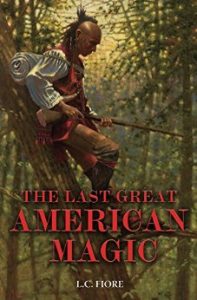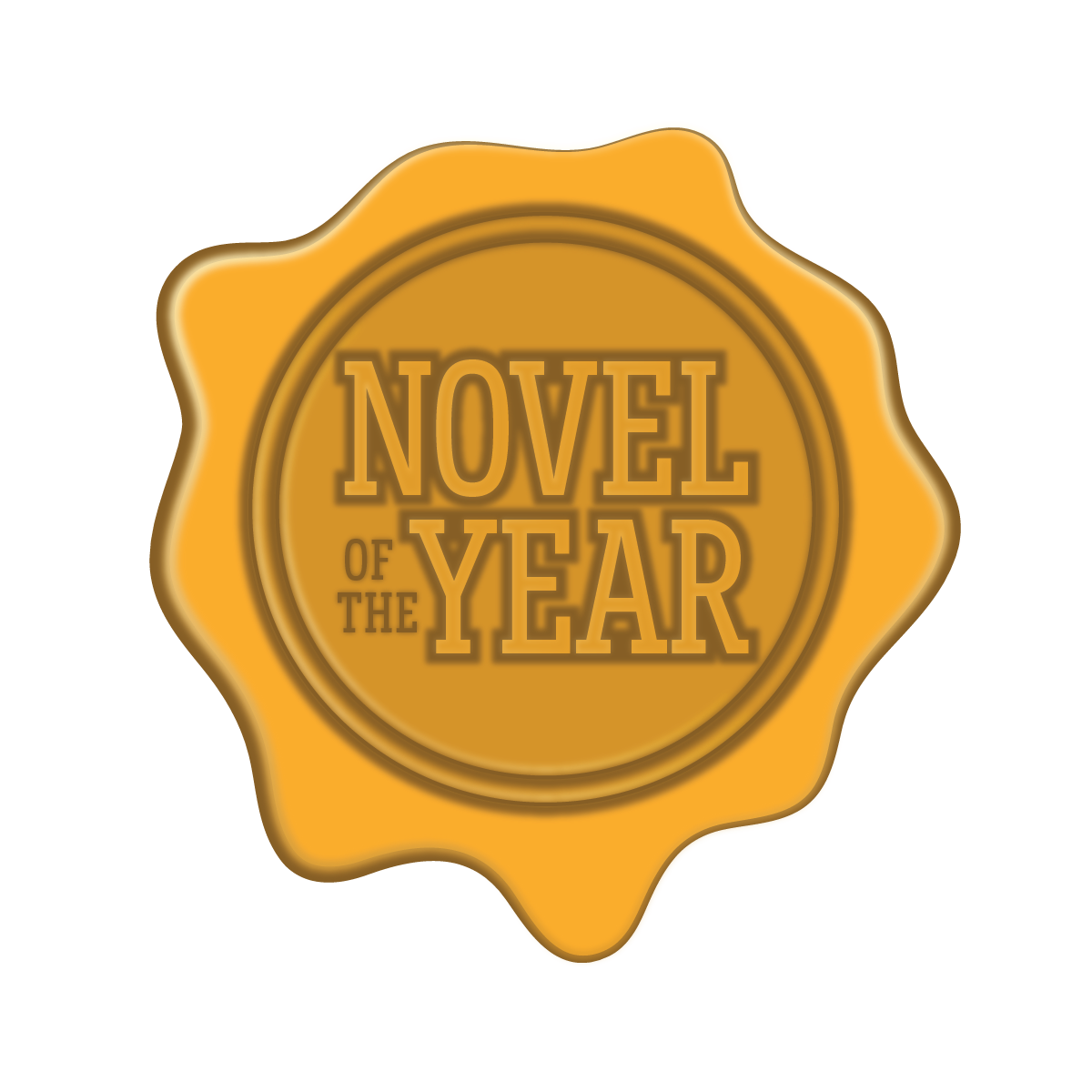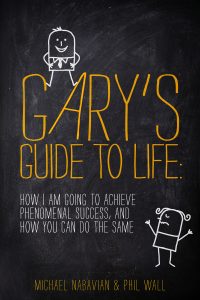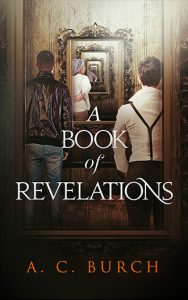The Rundown
The Recommendation
The Rating
The Links
The Reviewer
Renee Miller
Visit Renee Miller‘s website.In the Bible, there’s a passage that goes something like, “You shall have no other gods before me.” There are others, as well, warning of false prophets and something like “Before me no other gods were formed, nor shall there be any after me.”
Why am I quoting the Bible? Not because I’m religious. There’s nothing wrong with religion. I’m just not that person. I’m quoting the Bible, though, because these little bits help to keep me out of the clouds. They stop me from getting carried away by the hype, and they help me remember: No one is perfect.
In this industry, and by “this” I mean the publishing industry, it’s easy to believe in gods. It’s comforting to know that somewhere out there, someone’s got it all figured out. One word of advice from them could help you wedge the gates open and there you’ll be, in the cool kids’ club making all the money and basking in all the adoration. You’ll finally make it to that golden place in the sun, where every word you pen is money. Yeah, man. I want that.
Sad reality: No writer is a god. Not even Mr. King. He’s close, but still not a god.
Indie authors who’ve made it have a strange dynamic. They're just like you and me, only better. It’s like they’ve all got a Cinderella story that seems possible, and who doesn’t like one of those? If you don’t like Cinderella, we’ll have to break up. Go on. Piss off.
But this isn’t about your utter lack of good taste, it’s about authors who idolize other authors because of success or fame. Indie success stories speak of writers who’ve succeeded despite overwhelming odds, and in almost every situation, their rise to super authordom seems sudden, almost magical. It’s easy to think they’ve got some secret that helped get them there. They do. It’s called timing, perseverance, and luck.
In my opinion there should be two gods in your writing life: The reader and yourself.
Did I just say you should worship yourself? No. Well, sort of. You should believe in yourself above all others, and your worship should be for the reader, your offering or sacrifice should be your words.
Other than you and your reader, there is no other person in this industry worthy of such adulation.
This is logical, right? Of course it is. Yet, I keep seeing you guys worshiping other authors. For example, Hugh Howey. The guy is awesome. Sure he is. Fantastic writer and from what I’ve seen, an all around good guy. However, when I see some of you guys eating up every word the man types, as though he speaks the gospel of writing and publishing, I wonder... I haven’t seen the man say/write anything about this industry that hasn’t been said before. (And to be clear, he’s never claimed to know it all or to be worthy of anyone's worship. Some of you just think he’s the shit in all things. Mr. Howey has no control over that, so I'm not trying to criticize him in this example.)
Yes, Hugh Howey’s story is amazing and his success is inspiring, but he is just a man doing what we all do. Granted, he’s kicking ass at it, but luck, good writing, timing, and a fantastic idea are what spiraled him to success; not secret powers or magical knowledge of dark and exciting writerly things. Frankly, I’m more inspired by the likes of Stephen King, who endured rejection after rejection, BEFORE the digital age, when authors typed and MAILED submissions to publishers. It wasn’t just a click of a button and waiting. Yet King persevered until finally the stars aligned and his moment arrived. It was far from overnight success, but King kept writing and improving and that is inspiring to me.
Amanda Hocking, John Locke, and many more have followed similar paths as Howey’s. Where are they now? I don’t know and I’m too lazy to look. My point is no human is magical, nor is their success a mystery they can help us unravel so we can do the same. It’s strategic, possibly, and lucky, and it’s entirely logical.
The false gods you should really be wary of are the ones who've made careers out of "helping" authors. Too often we run into shysters, or folks who are a little shifty or untrustworthy. They’re in it for themselves, and the advice they give isn’t for you. It’s to further their own agenda. For that reason, it’s best not to make any author, not even the ones who’ve “made it,” into a god and to be skeptical of all advice thrown your way. Yes, even my advice. I don’t care if you do what I’m advising you do. Part of me wants to help, but another part likes the sound of my own voice. (winky face)
There are a shit ton of authors out there offering writing tips and secrets to publishing success. I think most of the time it comes from a good place. The authors want to help newbs make it in this industry and they’re just giving away what they’ve learned. That’s nice. I give advice here on Miller Time and on my personal blog, but it’s all based on my experience in this industry and it is NOT expert advice. What I offer might not work for you. The reason isn’t because I don’t know what I’m talking about. It’s simply that your path is not mine. Your goals are not mine. My experience and knowledge might not help you progress further than you are right now.
Keep this in mind for every piece of advice you read or hear from this point on.
Let’s go back to that shyster advice, though. This is almost always given from a selfish place; a place of greed, ego and shameless self-promotion. And it’s mostly useless to the rest of us. How do you spot these jackasses? I’ll tell you.
You feel like you’ve seen it before. If you feel like you’ve heard/read a particular piece of advice before, it’s probably because you have. Many times. There’s nothing wrong with regurgitating advice, particularly if it’s good, but be wary of a “seasoned” author who offers nothing but what other people have said before her. She's got nothing new to offer.
It sounds easy. When someone promises their advice will do something marvelous in just ___ short weeks/days/months, then be skeptical. Writing is hard, and success in publishing is even harder. Anyone who offers a shortcut or an easy answer is lying or delusional or a little of both.
It’s complicated. On the other hand, if you read something that offers a certain number of steps or ways to become successful in this industry, and the whole things feels convoluted and/or overly complicated, walk away. Usually these guys use a lot of big words, graphs, obscure quotes, and pointless platitudes that essentially tell you nothing. You feel like you’re missing the point, but you’ll never find it, because there often is no point. These advice givers are misleading you by making what they’re saying impossible to understand. Why? Who knows? Maybe it makes them feel smart. Maybe they don’t even know what they’re trying to say. Writing and publishing aren’t rocket science. They require a lot of time and hard work, but not so much your head explodes or you have a nervous breakdown.
It contains shameless plugs for the advice-givers books/articles/blog/website. Folks giving solid and trustworthy counsel on writing and publishing should have little or nothing to gain by giving you this advice, and/or a proven track record of success. If their help requires you to spend money or do anything that benefits the advice giver in any way, then you should probably question that advice.
“I” is a dominant theme. In my book, when I wrote, I always, I know, I, I, I… if advice takes this form, where the advice giver is all about their awesomeness and shit, it’s suspect. In my experience, the advice giver is often furthering his own agenda and cares nothing about helping others.
Expert claims. The thing about writing is you should never stop learning. The moment you believe yourself to be an expert is the moment you start becoming a hack. Even Stephen King, who clearly knows his shit, never stops learning, nor does he claim to be an expert. His writing style continues to evolve with each story. If you read his works from early in his writing career to now, you’ll see that. And he never claims to be the be-all and end-all of writing and publishing, despite being one of the finest, most imaginative writers you’ll ever “meet.” (I may be biased.) Even in his book, On Writing, King encourages writers to find our own path and style. The second you see the word "expert" you should turn away.
Now, I’m not criticising you for having heroes. I have a few heroes I have difficulty viewing as human beings. Publishing icons like Stephen King, Anne Rice, Chuck Palahniuk, John Irving, Thomas Harris and Dennis LeHane are my literary IDOLS. I love these authors, admire their talent and skill. If I met them, I’m pretty sure I’d die or at the very least, I’d wet my pants and forget what words are. But any advice they give me is unlikely to change my “success” situation. Why? Because they’re not gods. Their path isn’t mine and what worked for them isn’t necessarily going to work for me. They don’t have a magic formula. No one does.
So don’t take any piece of advice as the final word on something, just because the giver of said advice has achieved a desired level of success or seems to be knowledgeable or educated.
Work hard.
Read lots.
Remember easy is for lazy losers.
When all else fails or seems too confusing to figure out, listen to your gut.









